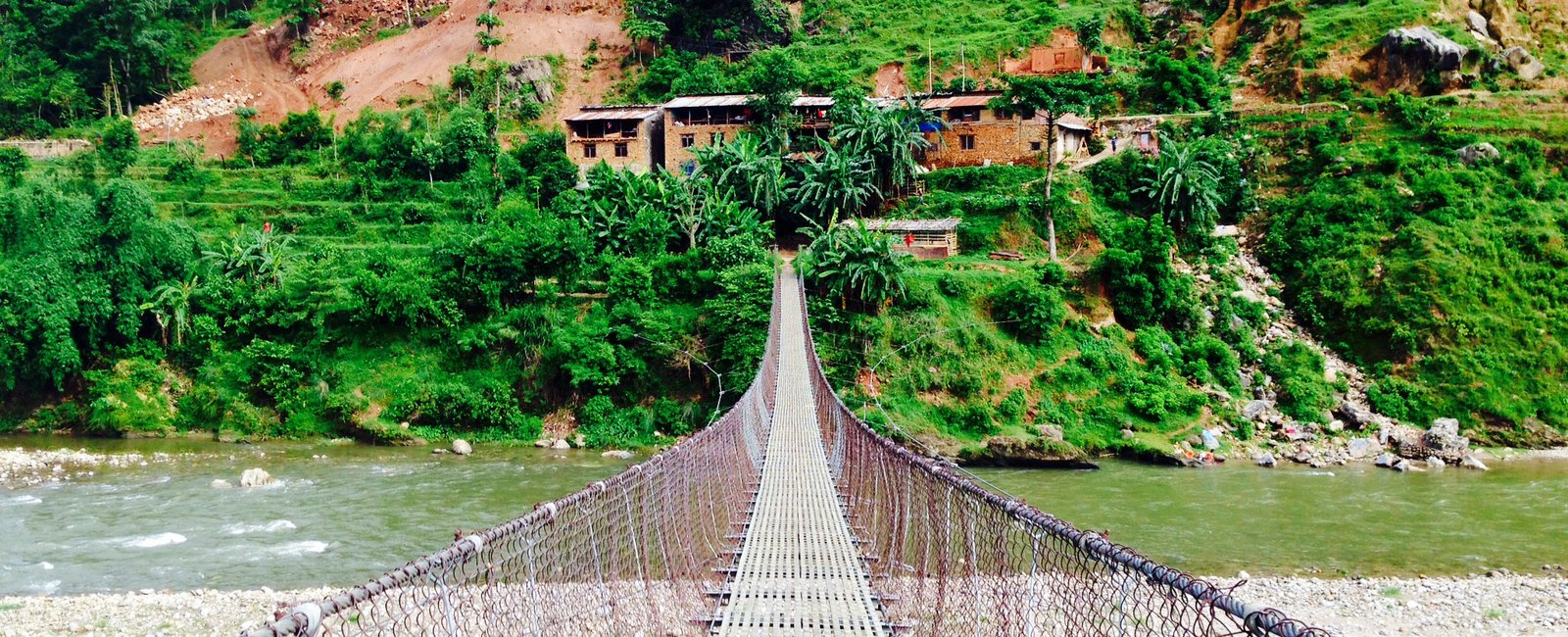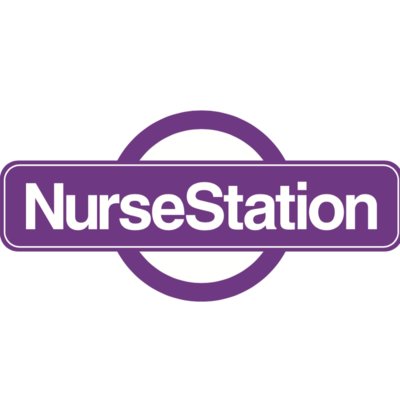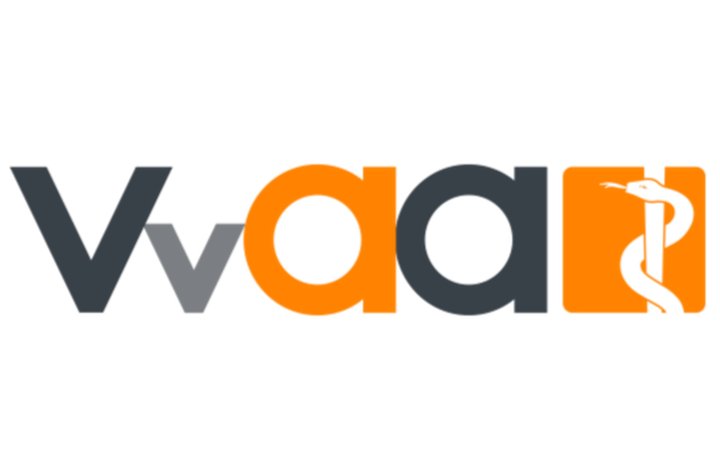University of Tasmania 2025
I wanted to undertake a placement overseas because I have always loved travelling and exploring new places. It was a chance to experience something completely different. I also wanted to see how the healthcare system of another country functioned compared to Australia's.
When I walked into the emergency department in Kathmandu on my first day, I was slightly overwhelmed. It was like nothing I had seen before in Australia.
%2014.webp) There were 2-3 patients per bed, with so many family members waiting around on the wards. There were fewer doctors for the patient load compared with Australia.
There were 2-3 patients per bed, with so many family members waiting around on the wards. There were fewer doctors for the patient load compared with Australia.
It was exciting because it was not a system I had ever seen back home, and I was ready to help out as much as I could.
One of the main practical skills I learnt during my time in Kathmandu was Arterial Blood Gases. In Australia, I had never done an ABG before, but in Nepal, most patients in the Yellow Zone of the Emergency Department would get one.
As the doctors were often very busy, they would ask me to assist them with ABGs. By the end of my two weeks in ED, I had done about 25 ABGs unsupervised.
Another highlight was the opportunity to expand my knowledge of tropical and infectious diseases common in Nepal – all of which I would not see back home in Australia.
The main difference I noticed between the healthcare system in Kathmandu and that in Australia was how involved the patient's family was in their care. Once a patient arrived in the ED, they would be accompanied by their family, who would be given a small list of materials to go and buy from the pharmacies outside of the hospital. If a patient didn't have family members with them, it was often very hard to treat the patient properly.
I also observed family members bagging patients as there were no ventilators and not enough staff members to do this. I found this quite confronting, as many of them did not know the correct technique or would ventilate the patient too rapidly.
%203.jpg) The other main difference I noticed was the use of sterile techniques in minor procedures. This was a major difference for me, as I often would be looking for more sterile equipment to perform a procedure, but they just didn't have it or never used it. I was concerned about the rate of infection, but the doctors told me it was often not a major issue.
The other main difference I noticed was the use of sterile techniques in minor procedures. This was a major difference for me, as I often would be looking for more sterile equipment to perform a procedure, but they just didn't have it or never used it. I was concerned about the rate of infection, but the doctors told me it was often not a major issue.
I was involved in and observed plenty of memorable cases while on placement in Kathmandu. For example, a male patient presented after being trampled by an elephant. He had multiple rib fractures, a pneumothorax, and a ruptured spleen.
An elderly female patient presented with a large amount of ascites due to stage 4 ovarian cancer. We drained the fluid into 2L water bottles because the usual collection bags were too expensive for the patient to purchase.
I also observed a scalp avulsion after an industrial machine accident. This patient went on to receive multiple flaps and grafts from the plastic and reconstructive surgery team.
There were multiple cases of Dengue Fever and TB, and I also witnessed a patient who had ascending cholangitis and was incredibly jaundiced.
I had the opportunity to scrub in for a trans-metatarsal amputation as a result of osteomyelitis to the foot. And I sutured a patient’s scalp in ED with no local anaesthetic because they forgot to buy it from the pharmacy. The patient was a champ and didn’t move at all!
The doctors at the hospital were always keen to have a chat. They would help me understand what was going on and would spend the time to explain the plan for each patient. They also helped me understand the role of the patient's family in their medical care.
%204.jpg) Almost every afternoon after placement, I took trips with my housemates to explore the many temples of Kathmandu; there was always someone who would want to come, and it was always a great time.
Almost every afternoon after placement, I took trips with my housemates to explore the many temples of Kathmandu; there was always someone who would want to come, and it was always a great time.
One weekend, I went on a group trip to Chitwan National Park and did a walking safari and played volleyball with some of the people from Chitwan.
On my final weekend in Kathmandu I took a short flight to Pokhara to do a quick trek to see the Annapurna mountain range from Poon Hill. This was a fantastic short trek and I got to see some of the most amazing views in the world.
The Work the World house was an amazing place as well. The in-country team provided the best support to help me get the most out of my placement and made sure I was having fun.
The other students I met all had interesting stories to share and made great friends to go on trips and explore the city with. I have amazing memories of playing volleyball with my housemates outside the house one evening after dinner.
I think everyone should undertake an elective in another country. Not only do you get to experience the culture and enjoy exploring another country, but you also get to see how different healthcare systems function around the world. This will allow you to return home with a different mindset about your own country's healthcare system.
It will be an unforgettable experience, making new friends, seeing interesting cases and exploring the amazing things another country has to offer.

%2022.webp)
.jpeg)



